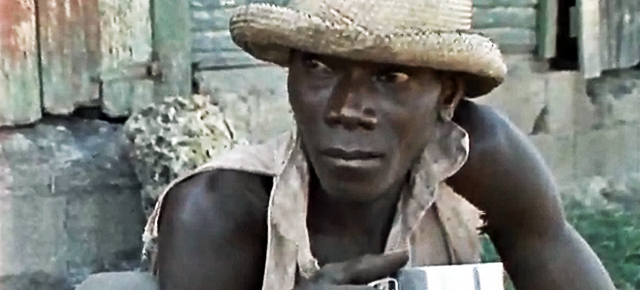
Black Sugar | Modern-Day Slavery in the Dominican Republic
Black Sugar | Modern-Day Slavery in the Dominican Republic
Some came voluntarily, chasing the dream of a salary; others were kidnapped near the Dominican border and brought by force. Regardless of trajectory, once Haitians lands in a batey, as camps for Haitian workers are called in the Dominican Republic, all are cursed to the same dolorous grind: cutting sugar cane from morning till night for a fistful of pesos.
Resistance is futile, as is escape. Upon arrival, the workers’ passports are confiscated and destroyed, rendering their holders stateless. Haitians fit and brave enough to flee are chased and often caught, before being beaten, robbed and forced to pay a fine to regain the very job they sought to evade.
A 10-year-old boy, bare-chested and copper-haired, vaunts that he too – of course – cuts cane all day. “Can’t you see how black my hands are?” He has been on the batey 2 months, since being caught near the border. “Nobody knows I’m here,” he says.
Slowly, in the camps, resignation sets in and workers cloak whatever is left of their dignity in silence. Given the measly salaries, putting money aside is pure fantasy. All that remains is the sound, rich with trauma, of sharp machetes hitting and felling cane stalks. The rhythmic, percussive soundtrack of slavery.
Michel Régnier 1988 film about the lives of Haitian workers cutting cane in the Dominican Republic, Black Sugar, is hard to watch. The bateys, small and derelict Haitian ghettos located near endless sugar fields, are living nightmares. No water, no electricity, no hospital, no school. In some camps in the South East of the country, the only water available comes from the cane fields’ irrigation ditch. The cane, there, is treated better than the people who harvest it.
How did we get here?
The film, which gives voice to the workers and a few health professionals who sometimes visit them, hints at some of the causes and attitudes that make such a monumental impasse possible.
First, the situation in Haiti. Like a young Haitian doctor who treats the cane workers explains, “the day a Haitian can find something to eat [in Haiti], he won’t leave to come starve here.”
Second, the feeling, widely shared in the Dominican Republic, that Haitian lives aren’t worth much. In the Dominican context, being Haitian “is an insult and a sin,” says the doctor. “Health, living conditions, salaries, human rights… all that is for human beings,” he says. “And other than for a very small group, to a Dominican, a Haitian is not a human being.”
If this sounds a lot like slavery, to our Haitian doctor, it is actually worse. “Researchers have agreed on this,” he says. “At least slave owners used to feed their slaves.”
It would be a great relief to be able to affirm that Black Sugar, shot 25 years ago, is no longer current. But as Al Jazeera reported in July 2011, life on the bateys continues to be complicated for Haitian workers and increasingly, their children, who face discrimination at every turn and run the risk of being deported to Haiti, a land they never once knew.
Black Sugar, Michel Régnier, provided by the National Film Board of Canada
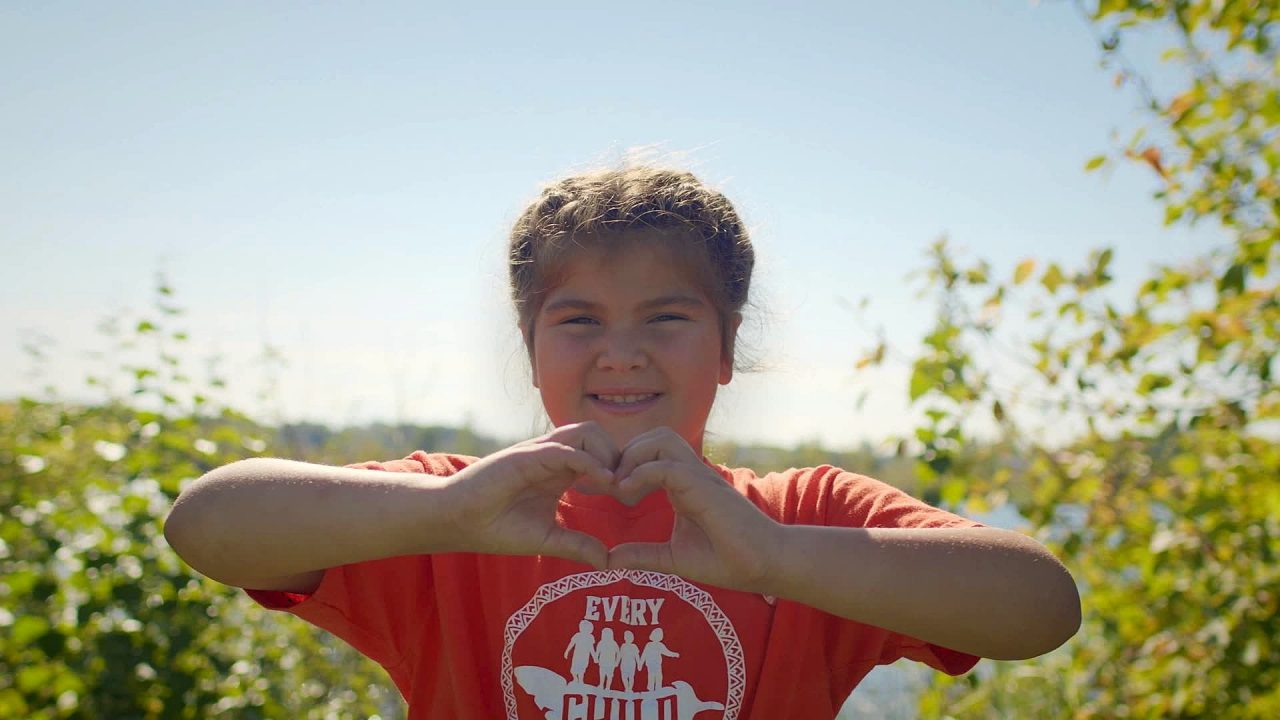
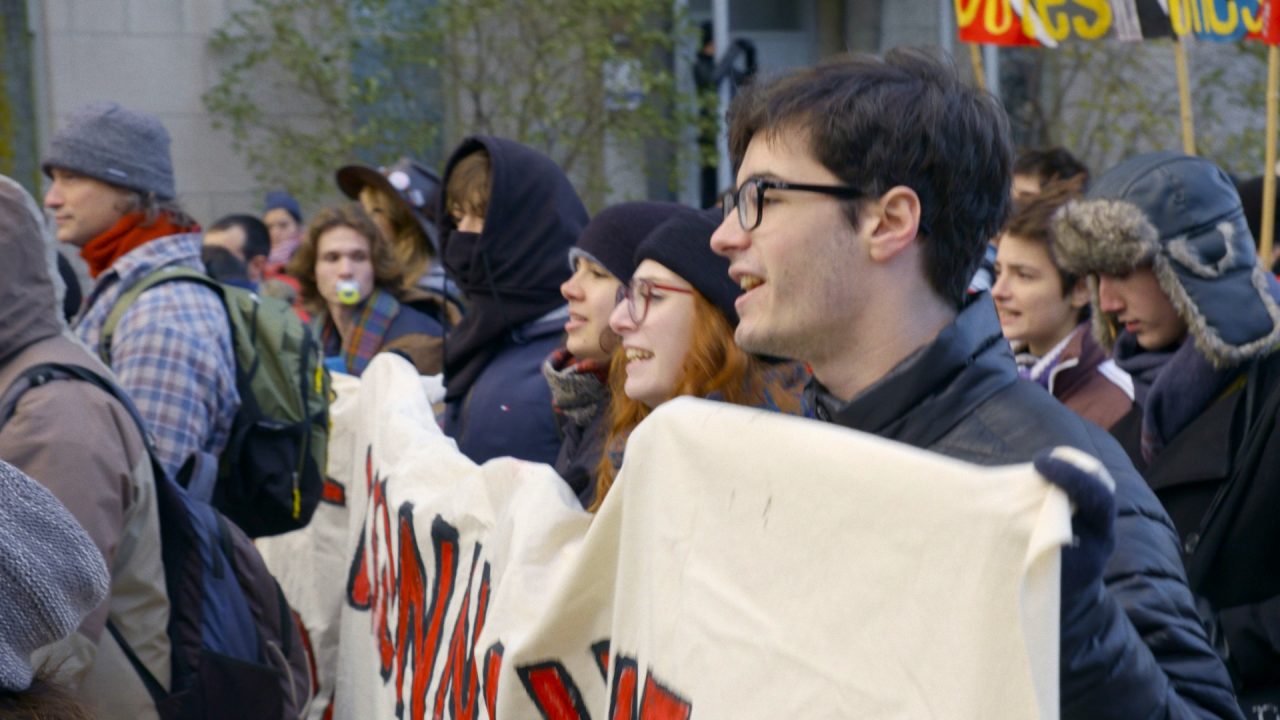
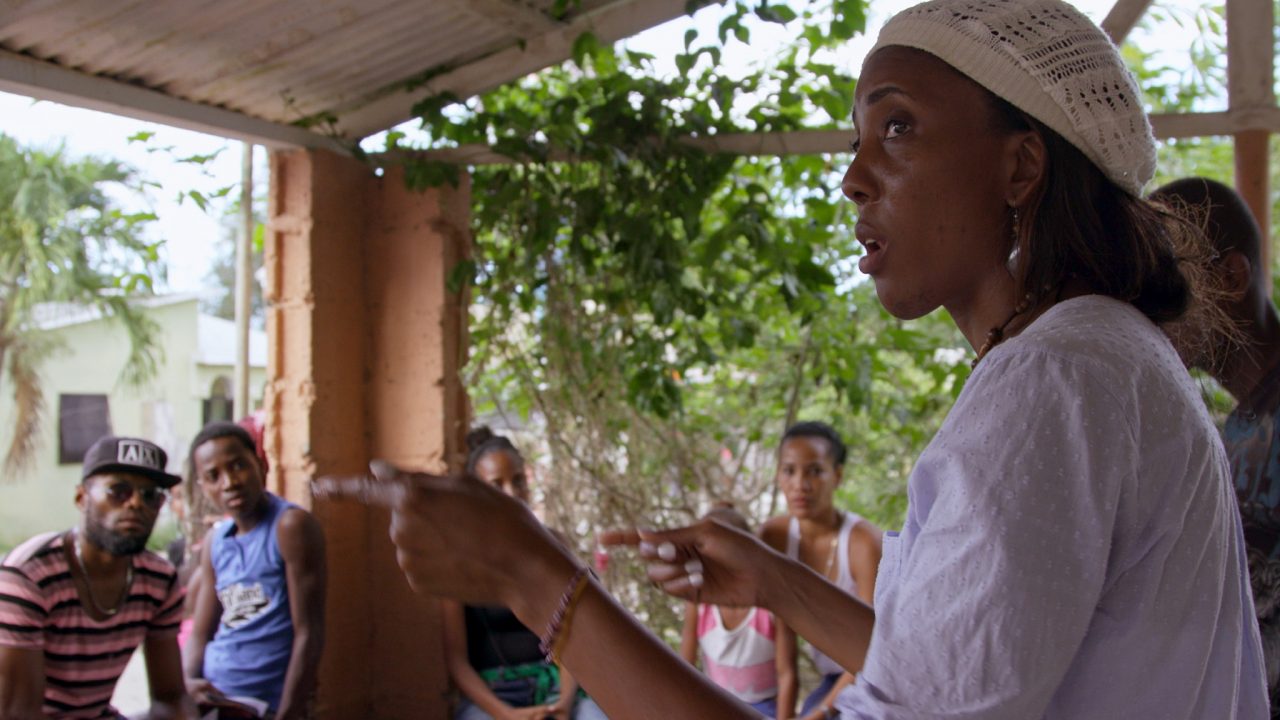
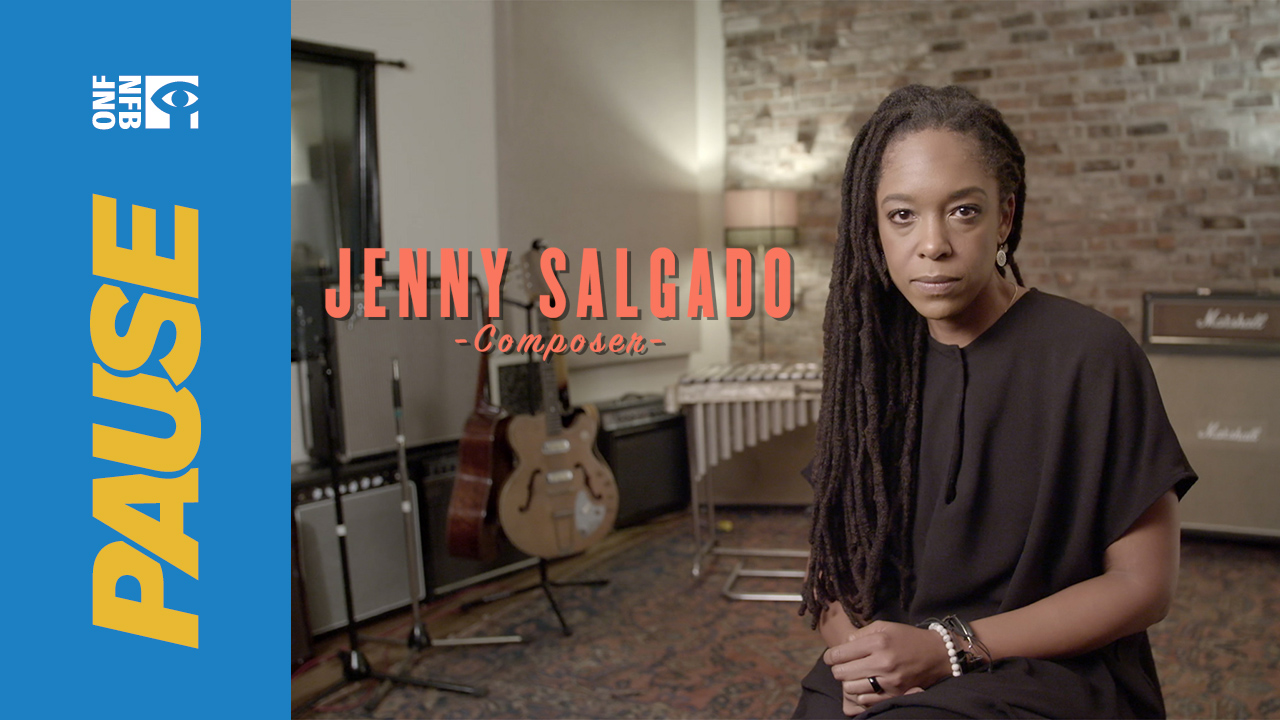
leonard cohen – “everybody knows”…. 😛
While I agree with your point about the aid, that does not negate the fact that destroying human spirit because of outright racism is a crime against humanity. Sugar cane has been growing in the island for centuries. This slavery did not happen overnight. Your point is a good one but those who keep the Haitians at the batey are criminals. Kidnapping is a crime, as is forced labor, and so on. Nothing is an excuse for slavery.
Unfortunately this documentary doesn’t look at how much aid the Dominican Republic provides Haiti. It is the country that has provided the most aid and investment since the tragic earthquake.
The batey are an effect of the root cause which the Haitian doctor clearly stated: “the day a Haitian can find something to eat [in Haiti], he won’t leave to come starve here.”
More countries need to provide help to Haiti, particularly France which is the one mainly responsible for Haiti’s downfall. It is a disgrace that most of the aid is coming from another third-world country that is barely staying afloat, the Dominican Republic.